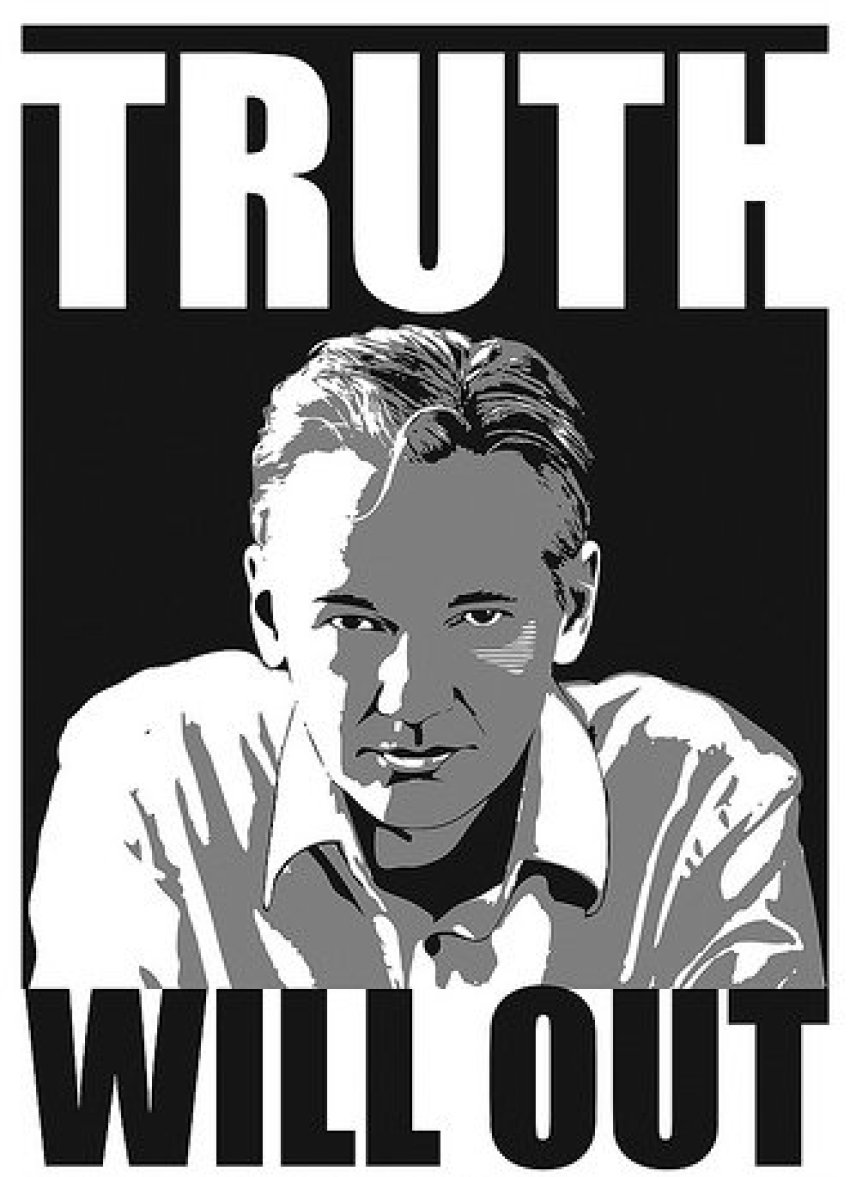
Just a few days before his appeal hearing over his extradition to Sweden over sexual assault allegations, which many believe may be a prelude to Assange’s extradition to the US on espionage charges, WikiLeaks won a stunning victory for citizen journalism and a free press when it took out the 2011 Walkley award for most outstanding contribution to journalism.
The Walkley Awards are given out for excellence in Australian journalism and are regarded as Australia’s equivalent of US’s Pulitzer prize for journalism. The Walkley Foundation is an initiative of the Media, Entertainment & Arts Alliance.
That WikiLeaks won the award is a big step forward in recognising that its crusading journalism is in the public interest.
Beyond this, it is also important in the context of the Australian government’s refusal to do anything to help Assange, who has been under house arrest in London for more than 350 days without a charge. The government has remained hostile to WikiLeaks even though the Walkley award recognises it as one of the premier media sources of 2011.
Assange made this point forcefully in his acceptance speech. He said the Australian people “wanted to know the truth about war” and about what powerful interests were seeking to do.
He said WikiLeaks had made powerful enemies but also many good friends. As a journalist and an Australian he thanked the Walkley Foundation for standing by WikiLeaks in its hour of need.
He said journalists “are at our best when we hold people to account” he went on to slam corporations and governments seeking to shut down WikiLeaks and deny freedom of speech.
Visa, Mastercard and Paypal, who have conspired in attacks against WikiLeaks, had been revealed as “mere instruments of US foreign policy”, Assange said. He also said “Washington was waging a war against the truth” and had become “an empire of force and lies.”
However, while he said these attacks were not unexpected, he was surprised by the “craven behaviour from Julia Gillard”, which he called “embarassing”.
Assange called on the Gillard government to “stop sucking up to power and start using power to benefit the Australian people”. The Australian government’s treatment of WikiLeaks “had shown its true colours”. He said Gillard was a “cowardly prime minister” for giving in to US pressure and failing to protect WikiLeaks and himself.
Assange also sent his support to Bradley Manning, a US soldier arrested in May last year for allegedly providing information to WikiLeaks. Manning is still held by US authorities in “inhumane and degrading conditions”. Assange called on the US government to stop attacking WikiLeaks supporters and staff around the world.
Assange finished his speech on a note of defiance: “We will continue to fight back armed with the truth.”
In the past, many media professionals have scoffed at the idea that Julian Assange is a journalist. More than that, US politicians such as Newt Gingrich have called Assange an “enemy combatant” and insisted WikiLeaks’ media scoops are a kind of “information terrorism”.
But this new award helps cement something already clear to millions of WikiLeaks supporters around the world: WikiLeaks practices the journalism of the future, a future where the media and access to information will be free and democratic.